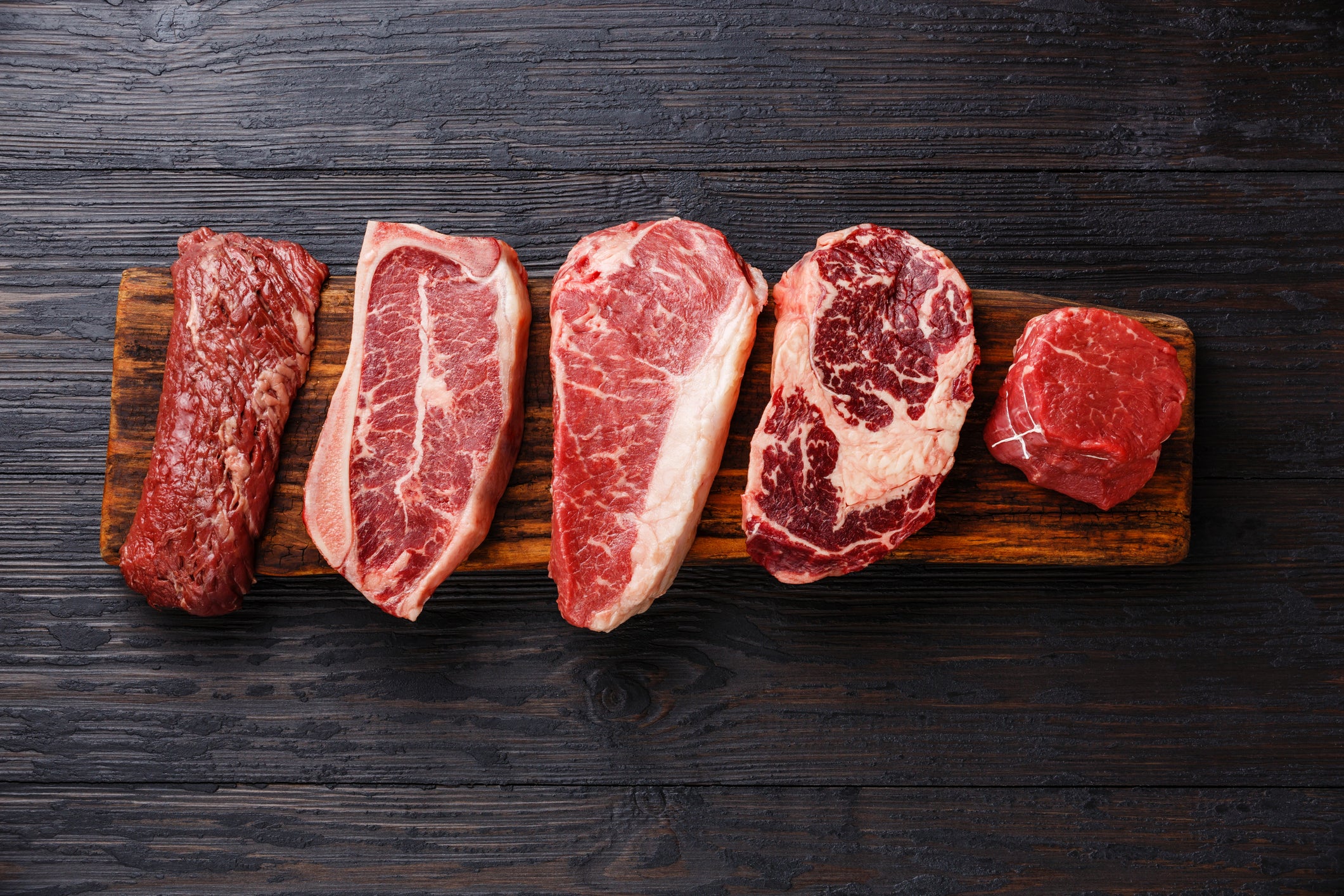Exfarmer
Member
- Location
- Bury St Edmunds
The Innuit are not any groupm nworth studying except to show that the terribbly issues they have with alcohol destroy lives very young. Similar applies to many Aboriginal communities who cannot adapt to the modern worldDude, read the link?
It stated that Eskimo people had a greater prevalance of stroke, heart attack and diabetes. We know that they exist largely on a carnivore diet. I've explained the mechanisms involved, now you tell me where the connection lies?
Why would it be hard on your GI tract?
You tell me then, you seem to have plenty of opinion on this matter!
I have precisely zero interest in youtube videos- if a video presents some ground-breaking study or similar then kindly post a link and I shall read the fudging thing in my own time, Thank you.








